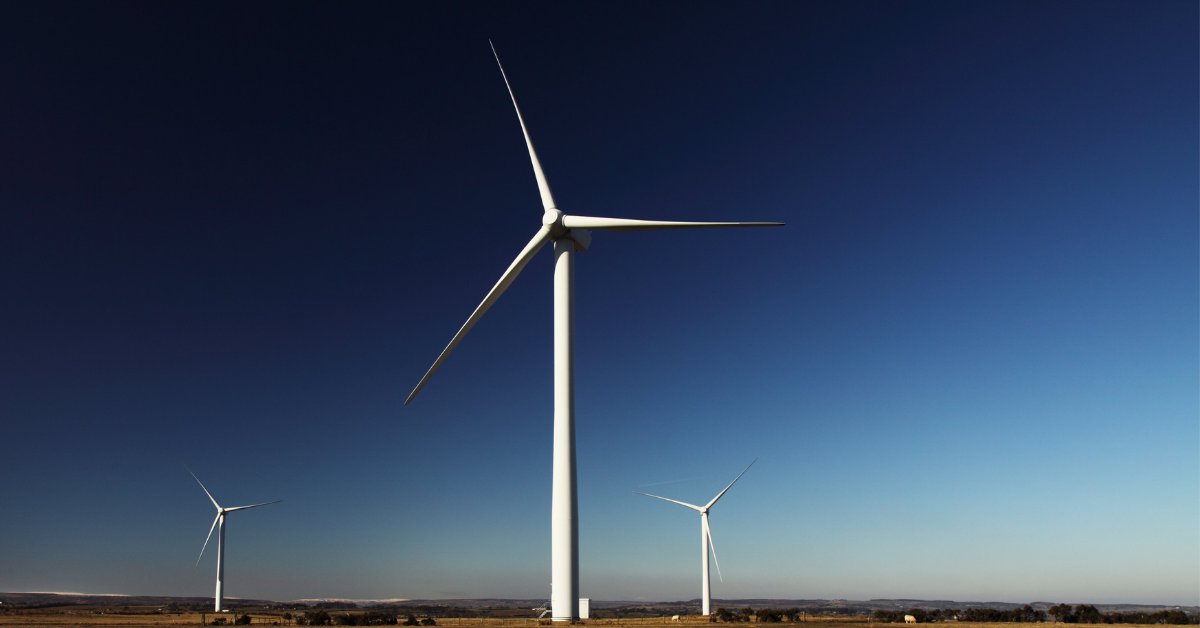Green Energy Impact on the Economy
The Green Energy Impact on the economy has been transformative, creating new jobs, reducing dependence on fossil fuels, and fostering sustainable growth. As more countries transition to renewable energy sources such as wind, solar, and hydropower, the economic benefits are becoming increasingly evident. The shift to clean energy not only helps combat climate change but also offers opportunities for innovation, investment, and long-term economic stability.
Job Creation in the Renewable Energy Sector
One of the most significant economic benefits of green energy is job creation. The renewable energy sector is growing rapidly, offering a wide range of employment opportunities in manufacturing, installation, maintenance, and research. Jobs in solar and wind energy, for instance, are outpacing those in the fossil fuel industry, providing stable and well-paying careers. This shift is helping to revitalize local economies, especially in regions historically dependent on coal and oil.
Reducing Energy Costs and Boosting Innovation
Green energy technologies have the potential to lower energy costs in the long run. As renewable energy sources become more widely adopted, economies of scale drive down the costs of production, making clean energy more affordable for consumers and businesses. In turn, this lowers utility bills and frees up capital for other investments. Additionally, the green energy revolution is spurring innovation across industries, leading to advancements in battery storage, energy-efficient appliances, and smart grid technology.
Attracting Investment and Economic Growth
The transition to renewable energy has also attracted substantial investments from both private and public sectors. Governments are offering incentives for companies to develop and adopt green energy technologies, while investors are increasingly favoring sustainable projects. This influx of capital has fueled the expansion of renewable energy infrastructure, contributing to economic growth and fostering a more resilient energy grid.
Reducing Dependence on Fossil Fuels
Relying on green energy reduces the economic risks associated with fossil fuel volatility. By decreasing dependence on oil, coal, and gas, countries can stabilize their economies against the fluctuations of global energy markets. This shift not only reduces the economic burden of importing fossil fuels but also enhances energy security, allowing nations to become more self-sufficient and less vulnerable to geopolitical tensions.
Environmental and Health Benefits
The positive economic impact of green energy extends to public health as well. By reducing air pollution and greenhouse gas emissions, renewable energy helps mitigate the health costs associated with respiratory illnesses, cardiovascular diseases, and environmental degradation. Fewer health issues lead to reduced healthcare costs and improved productivity, benefiting both the workforce and the economy.
A Sustainable Future
The green energy transition is essential for achieving long-term economic sustainability. By embracing renewable energy, economies can reduce their carbon footprint, conserve natural resources, and create a cleaner environment for future generations. As green energy technologies continue to evolve, the economic advantages will become even more pronounced, ensuring a prosperous and sustainable future.
In conclusion, the green energy impact on the economy is undeniable. From job creation to reducing energy costs and improving public health, the shift to renewable energy offers countless economic benefits that will shape the global economy for years to come.
Discover how green energy is reshaping our economy by visiting Blog Blower, where innovative solutions and sustainable growth take center stage!






